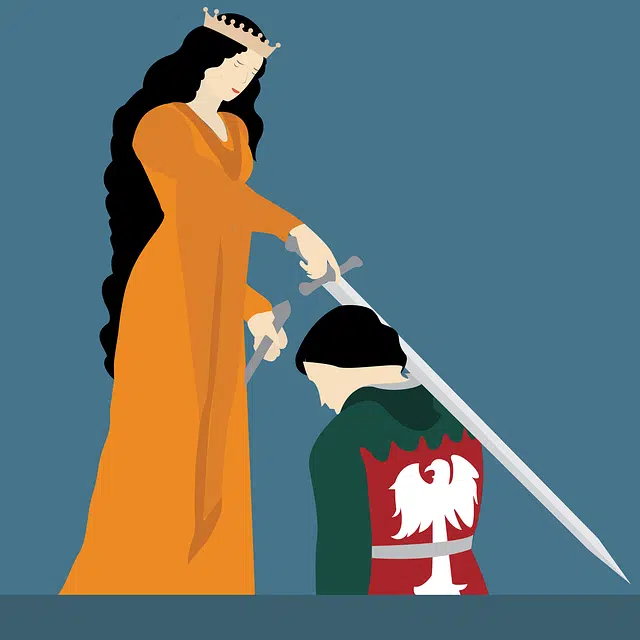
The privileged nobility was granted by the monarch in recognition of the services provided to the State.
Nobility is the quality of noble . It is one of the three estates of the Old Regime , along with the clergy and the Third Estate (the plebs). After the bourgeois revolutions, the nobility was formally abolished from political power, since its legitimacy was not based on the popular will, although its social influence remained.
A distinction can be made between different types of nobility. On the one hand, there was a nobility made up of families whose origins date back to the times of the Roman Empire. It could be said that it is the only type of real nobility, since it cannot be transferred nor is there any way to access it beyond these families .
The privileged nobility , on the other hand, was granted by the monarch as a reward for services provided to the State . This nobility could be both personal (it ended when the benefited subject died) and transmissible (the nobleman bequeathed his condition to his descendants). In this sense, it must be said that blood nobility is that which is inherited from ancestors.
The high nobility
However, we cannot ignore the fact that in Spain there also existed what was known as high nobility. Under this name were included all those people who were called Greats of Spain, that is, the children of the king and also those of the Prince of Asturias. Each of them used to have at least one noble title, whether duke, count, marquis...
Thus, for example, today we find the fact that the emeritus king Juan Carlos de Borbón has his daughters who are classified under the name of Greats and have their own titles. His first-born, Infanta Elena, is Duchess of Lugo while her sister, Infanta Cristina, holds the title of Duchess of Palma.

Solidarity and honesty are moral values that are linked to the concept of nobility.
Benefits of the nobles
Some forms of nobility were lords (where the condition was given by the economic resources that allowed them to live without working), knights (generally, they accessed the nobility through military achievements) and courtiers (a condition to which was arrived at by position at Court ).
The nobles had certain benefits: they were exempt from paying some taxes , they had large areas of land and they had serfs at their disposal. Typically, nobles lived in luxurious castles.
Among many other hallmarks that served to define the nobility is the fact that its members usually practiced sports such as hunting or fishing, organized jousting tournaments and in the armies were in charge of occupying the highest positions. within the hierarchical organization.
In the Spanish case, it is curious that the nobility had a series of regulations that made it clear that any nobleman could only go to prison for a criminal offense and in that case he should be separated from the rest of the inmates, he could not be sentenced to nor could he be subjected to torture... A wide set of laws that made clear the superiority of the nobles in medieval society.
Nobility as a value
In everyday language, the notion of nobility is linked to human values such as loyalty, honesty and moral rectitude.
"Peter is a man of great nobility" is an expression that shows this use of the concept, which can also be associated with solidarity and honesty.
